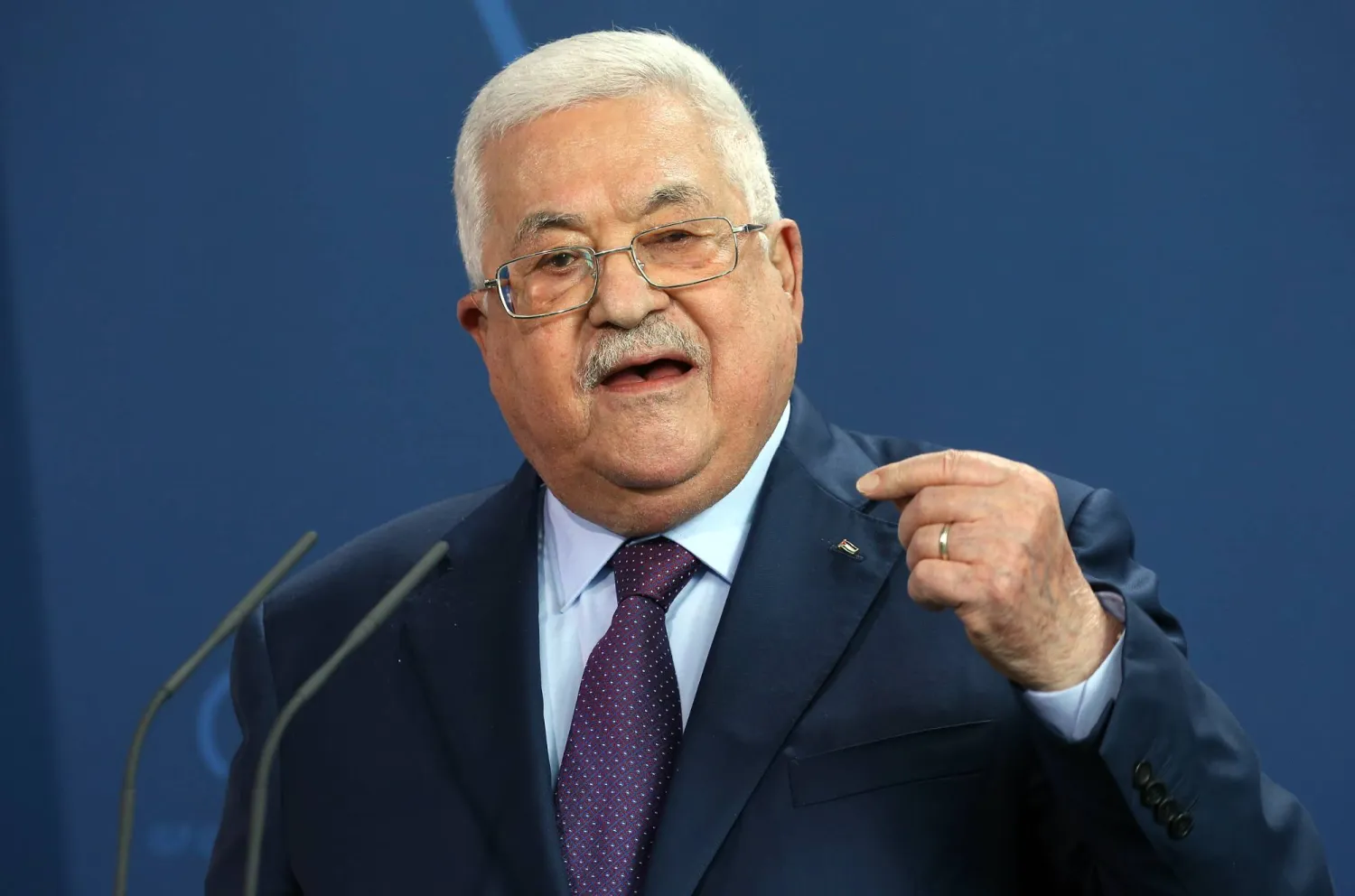The killing of Hamas leader Ismail Haniyeh was intended to prolong the Gaza conflict, Palestinian President Mahmoud Abbas told RIA agency in remarks published on Tuesday, adding he will discuss the crisis with President Vladimir Putin in Moscow.
RIA, citing a diplomatic source, said that Abbas will come on the long-expected visit to Moscow on Aug. 12-14 for talks with Putin.
Haniyeh, the political leader of Palestinian group Hamas, was assassinated in the Iranian capital Tehran last week, in an attack that drew threats of revenge on Israel and fueled concern that the conflict in Gaza was turning into a wider Middle East war.
Abbas said that he considers Haniyeh's assassination, "a cowardly act and a dangerous development in Israeli politics".
"There is no doubt that the purpose of Mr. Haniyeh's assassination is to prolong the war and expand its scope," Abbas told Russia's state RIA news agency in an interview.
"It will have a negative impact on the ongoing negotiations to end the aggression and withdraw Israeli troops from Gaza," Abbas said in remarks published in Russian by the RIA agency and translated by Reuters.
Haniyeh had been the face of Hamas' international diplomacy since the war started and on Oct. 7, 2023, and had been taking part in internationally brokered indirect talks on reaching a ceasefire in Gaza.
Iran, which backs Hamas in its war with Israel in Gaza, has blamed Israel for the killing and said it will "punish" it. Israeli officials have not claimed responsibility.
Russia has condemned Haniyeh's killing and called on all parties to refrain from further destabilization of the region.
Abbas told RIA in the interview that he plans to discuss the peace process in the region with Putin.
"We constantly exchange opinions with the President of Russia, consult on all the most important issues in order to advance the peace process, as well as strengthen bilateral and regional relations," RIA cited Abbas as saying. "We will do this during our upcoming visit to Russia."
Abbas is also expected to visit Türkiye, with Ankara saying last week they expect the Palestinian leader for talks with President Tayyip Erdogan on Aug. 14-15.
Russia has repeatedly scolded the West for ignoring the need for an independent Palestinian state within 1967 borders.
On Monday, a senior ally of Putin, Sergei Shoigu, the secretary of Russia's security council held talks in Tehran with Iran's President Masoud Pezeshkian in which the Iranian leader said that he is determined to expand relations with its "strategic partner Russia."
Qatar, Egypt and the United States have repeatedly tried to clinch a ceasefire between Israel and Hamas, but have encountered obstacles from both sides as to how long fighting should stop for and the release of Israel hostages.
Israeli forces have killed more than 39,000 Palestinians, according to local medical officials, since the Hamas-led group attacked Israel in October, killing 1,200 people and taking more than 250 hostages.
Abbas: Killing of Hamas Leader Intended to Prolong Gaza War

FILED - 16 August 2022, Berlin: Mahmoud Abbas, President of the Palestinian Authority, answers questions from journalists at a press conference after talks with the German Chancellor. Photo: Wolfgang Kumm/dpa

Abbas: Killing of Hamas Leader Intended to Prolong Gaza War

FILED - 16 August 2022, Berlin: Mahmoud Abbas, President of the Palestinian Authority, answers questions from journalists at a press conference after talks with the German Chancellor. Photo: Wolfgang Kumm/dpa
لم تشترك بعد
انشئ حساباً خاصاً بك لتحصل على أخبار مخصصة لك ولتتمتع بخاصية حفظ المقالات وتتلقى نشراتنا البريدية المتنوعة







